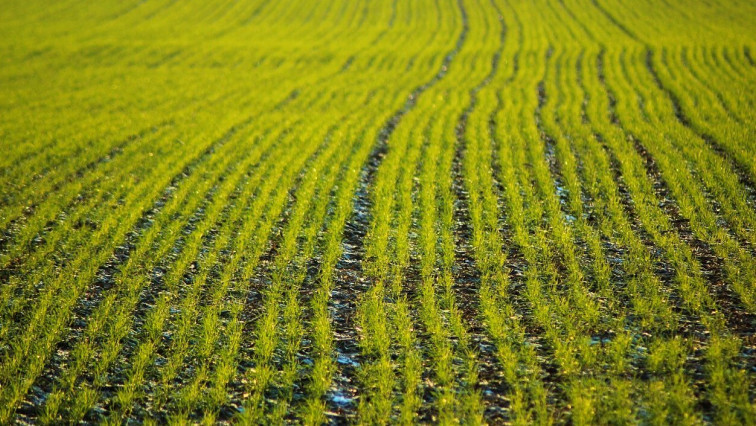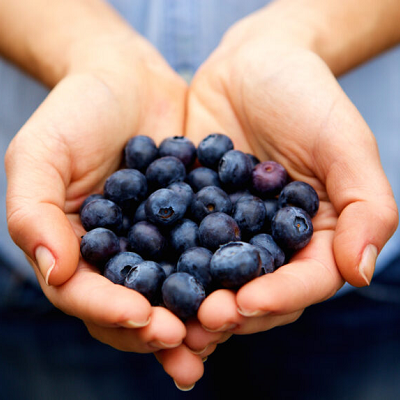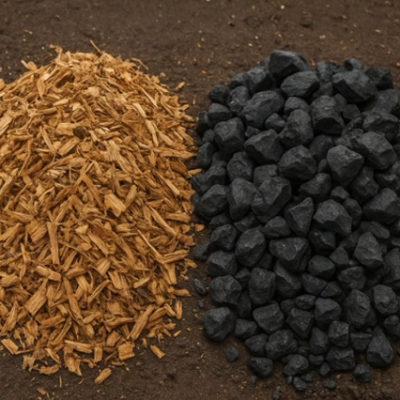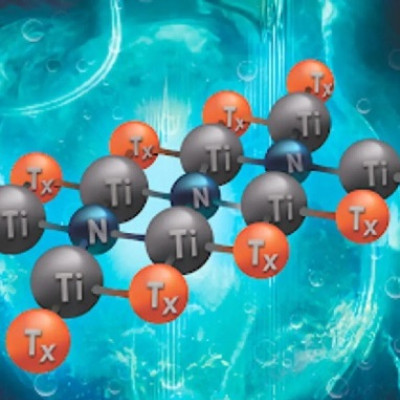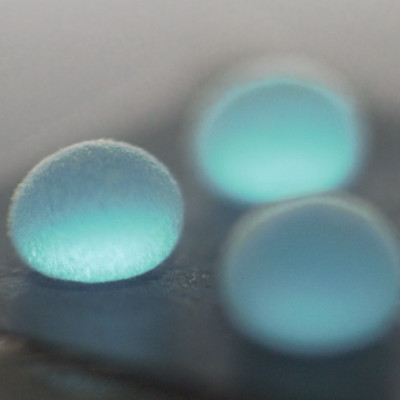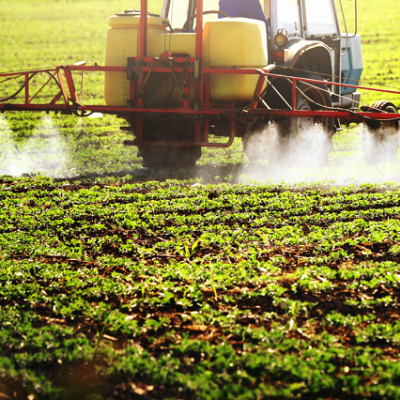With this technology, farmers will also be able to use pesticides to better effect, and monitor their soil more efficiently.
The World Nano Foundation released a report it said aims to delve “into the potential game-changing role of nanotechnology in revolutionising sustainable agriculture practices”.
It defines nanotechnology as the manipulation of matter at the microscopic nanoscale level.
The report states that the technology is already being applied to improve the efficiency and sustainability of agriculture worldwide.
Nanotechnology in agriculture
The report states that nanotechnology can provide benefits to a range of aspects of agriculture, including:
Precision agriculture – nanosensors can monitor soil moisture, temperature and nutrient levels, allowing farmers to optimise crop yields while reducing inputs of water and fertiliser.
Smart delivery systems – nanoparticles can be used to deliver fertilisers and pesticides more efficiently, reducing waste and minimising environmental impact.
Disease detection – nanosensors can detect the presence of plant pathogens (organisms carrying disease), allowing farmers to take action before severe damage is done.
Food preservation – nanotechnology can be used to develop antimicrobial coatings for food packaging, which can extend the shelf life of food and reduce food waste.
University research
In Wales, researchers at Aberystwyth University have explored the potential of nanomaterials in developing innovative solutions for the targeted delivery of pesticides, fungicides, and other agrochemicals.
This university aims to enhance the effectiveness of crop protection while minimising the environmental impact of chemical inputs.
Aberystwyth University also seeks to investigate the use of nanosensors in order to provide data on soil nutrients and moisture levels, allowing farmers to make informed decisions on fertiliser application and irrigation.
Prof. Peter Majewski of the University of South Australia said: “Nanotechnology offers exciting possibilities for sustainable agriculture, particularly in precision agriculture and targeted delivery of nutrients and pesticides.”
At the University of California Davis, researchers have explored the use of nanotechnology in the areas of crop production, pest management, and precision agriculture.
They are also investigating the use of nanofertilisers to enhance nutrient uptake and efficiency and to develop nanomaterial-based systems for targeted and controlled release of agrochemicals (to control pests).
The Indian Institute of Technology in Delhi is focused on the development of nanofertilisers to enhance crop productivity and reduce nutrient losses, as well as agrochemicals using nanomaterial-based systems for effective pest and disease management.
Sustainable agriculture
The market for nanotechnology in sustainable agriculture through organic farming, herbicides and farming practices is still relatively small but expected to grow significantly.
The report stated that the global nanotechnology market in agriculture is forecasted to reach $16.7 billion by 2025, with the increasing demand for sustainable agriculture practices a key driver of market growth.
The US Department of Agriculture has awarded $35 million in grants over the past five years to support research in this sector.
Read the original article on Agriland.

